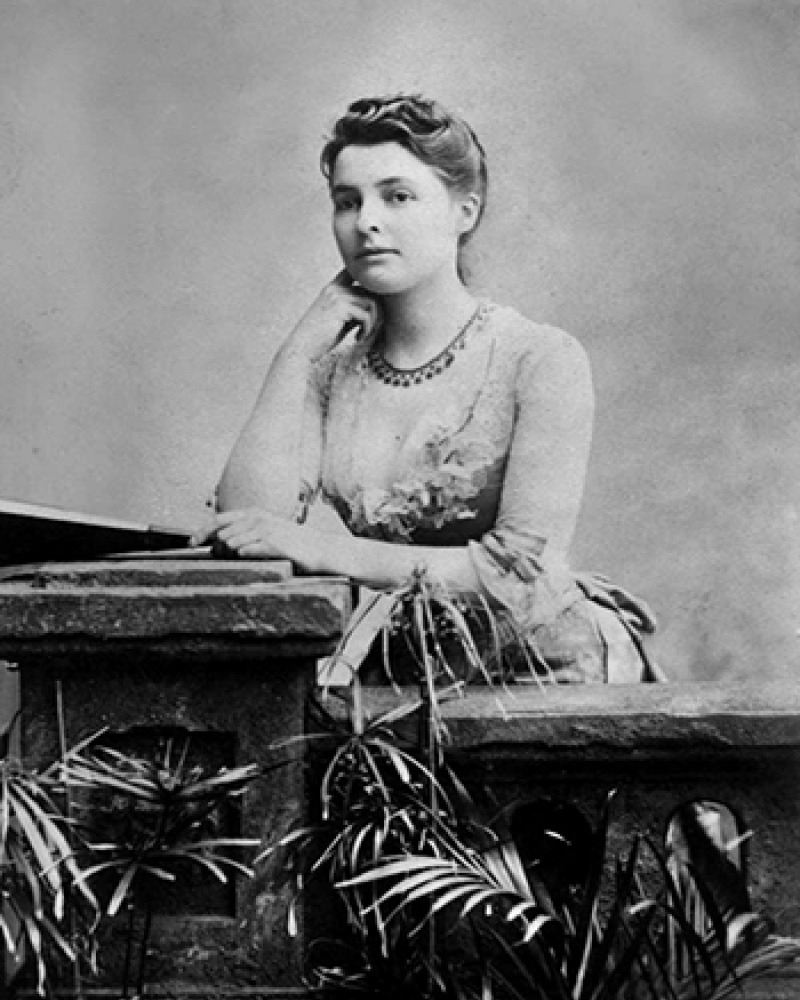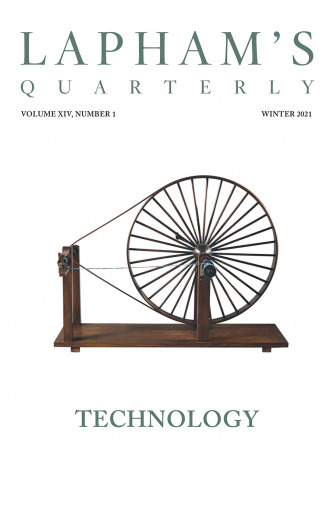
Beatrice Webb
The Co-operative Movement in Great Britain,
1891
The Co-operative Movement in Great Britain,
I am aware there are some who urge that the enlightened self-interest of the trader and manufacturer will always secure for the consumer the best quality and lowest price attainable without the intervention of a cooperative system of consumption. Whatever may lie hidden in the remote recesses of a future state, competition as a past and present fact has been weighed and found wanting. The unnecessary multiplication of private traders, the wasteful methods of small capitalists, and the petty deceptions practiced on the consumer, the habitual robbery of the punctual creditor to cover bad debts—all these deeply rooted defects of competitive trading the cooperative store has obviated. The breakdown of the flour syndicate, in 1889, before the firm attitude of the cooperative flour mills serves as one example of the silent success of the democratic form of cooperation in protecting the public from that most modern development of unrestrained competition—the capitalist trust. Thus whereas the trade union alone can maintain a definite standard of education and expenditure for the workers of every grade, industry, and profession, the peculiar function of the cooperative store (and in fact of all associations of consumers) is to pierce monopoly prices and uncover fraudulent quality until the fund known as profit—the entire surplus between the act of buying and the act of selling—is distributed directly or indirectly throughout the whole community.




